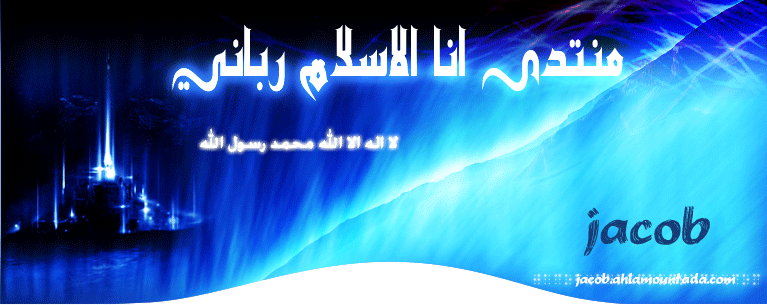
By: Shiekh Abdul Aziz Abdullah Bin Baz
The objective of this concise pamphlet is to explain how prophet Mohammed (PBUH) used to perform his prayers. I would like to present this
explanation to every male and female Muslim so that they may strive to take up the Prophet's manner in performing their prayers as a model for them. It was narrated by A1 Bukhari that Prophet Mohammed (PBUH) had said:
"Perform your prayers in the same manner you had seen me doing."
Therefore, here is the explanation for the Prophet's manner of prayer:
1. To perform completely the ablution, adopting the method commanded by Allah in the Quran:
"O ye who believe, when ye prepare for prayer, wash your faces and your hands (and arms) to the elbows, rub your heads (with water) and (wash) your feet to the ankles." (5:6)
The Prophet (peace and blessings of Allah be on him) said:
"Prayer without ablution is invalid."
2. To turn one's face and whole body towards the Ka'aba, The Holy House at Makkah, intending by heart to perform the prayer which he wants to fulfill, whether it is an obligatory prayer or a supererogatory prayer, the worshipper in all cases, should not pronounce his intention openly, because neither the Prophet nor his companions used to utter the intention for prayer. Thus, pronouncing the intention for prayer in audible voice is a heresy and an illicit action. Whether the individual be an Imam or performs his prayer individually, he should make (A Sutra) i.e. a curtain for his prayer. Directing the face towards the Qibla (The Ka'aba at Makkah) is an imperative condition for every prayer. However, there are few exceptions for this rule explained in authoritative books for whom who wish to refer.
3. To pronounce "Takbirat A1 Ihram" that is to say "Allahu Akbar" celebrating by that the greatness of Allah and looking meanwhile, downwards to the place where he will prostrate.
4. To raise one's hands up to the level of the shoulders or near to the lobes of his ears, while pronouncing "Takbirat Al Ihram".
5. To put one's right hand over his left hand and left wrist, and put them both over his chest, as the Prophet (PBUH) used to do.
6. It is advisable that the worshipper recite this opening supplication saying:
"Allahumma bald bayni wa bayena khatayaya kama boadta bayena al mashriki wal maghribi, Allahumma naqqiniy min khatayaya kama yonaqa al thawbo alabyndo min aldans.. Allahumma igysilniy min khatayaya bilmai wathalgi walbarad."
This supplication means:
"O Allah, separate me from my sins as You have separated the east and west. O Allah, cleanse me of my sins as the white rope is cleansed from dirt. O Allah, wash off my sins with water, snow and hail."
Or, may say instead:
"Sobhanaka Allahumma wa bihamdika wa~abaraka Ismoka wata'la jaddoka wala ilaha ghayroka"
"Praise and glory be to Allah. Blessed be Your Name, exalted be Your Majesty and Glory. There is no god but You."
Or he may say any other supplications which the Prophet, (PBUH) used to say in his prayers. It is better to recite these supplications alternately, the first one in the morning prayer "Fajr", the second in the noon prayer "Zuhr", each one by turn. in conformity with what the Prophet used to do.
After reciting the opening supplication, the worshipper says:
"Aouzo billahi min al shaytani ar ragim"
Which means:
"I seek protection of Allah against the accursed Satan."
Then says:
"Bism illahi Rahmani Raheem






 [center]
[center]
